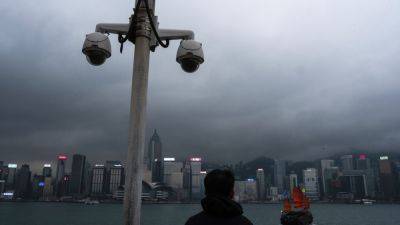What Article 23 means for the future of Hong Kong
Lawmakers in Hong Kong passed new security legislation on March 19, 2024, handing authorities in the semi-autonomous city-state further power to clamp down on dissent.
The law, under Article 23, has been decades in the making but was resisted for a long time by protesters who feared the legislation’s effect on civil liberties in Hong Kong, a special administrative region in China that has become increasingly under the thumb of Beijing.
To explain what the adoption of Article 23, which is set to be signed into law on March 23, 2024, means for the future of Hong Kong, The Conversation turned to Michael C Davis, a law professor who taught constitutional law and human rights in Hong Kong for more than 30 years, most recently at the University of Hong Kong, and is the author of “Freedom Undone: The Assault on Liberal Values in Hong Kong.”
What is the background to Article 23?
Article 23 has a lengthy backstory. It is an article in the Basic Law of Hong Kong requiring the Hong Kong government to enact a local ordinance governing national security. The Basic Law itself is effectively the constitution of Hong Kong.
Its promulgation by the central government was part of China’s obligation under the Sino-British Joint Declaration of 1984 – the treaty providing for Hong Kong’s return to China. Thirteen years later, in 1997, the territory was transferred to Chinese rule after more than a century under the British.
The Basic Law established a largely liberal constitutional order for post-handover Hong Kong. This included guarantees of the rule of law and basic freedoms, as well as a promise of ultimate universal suffrage. It was formally adopted by China’s National People’s Congress in 1990.
Basic Law Article 23 requires the Hong






